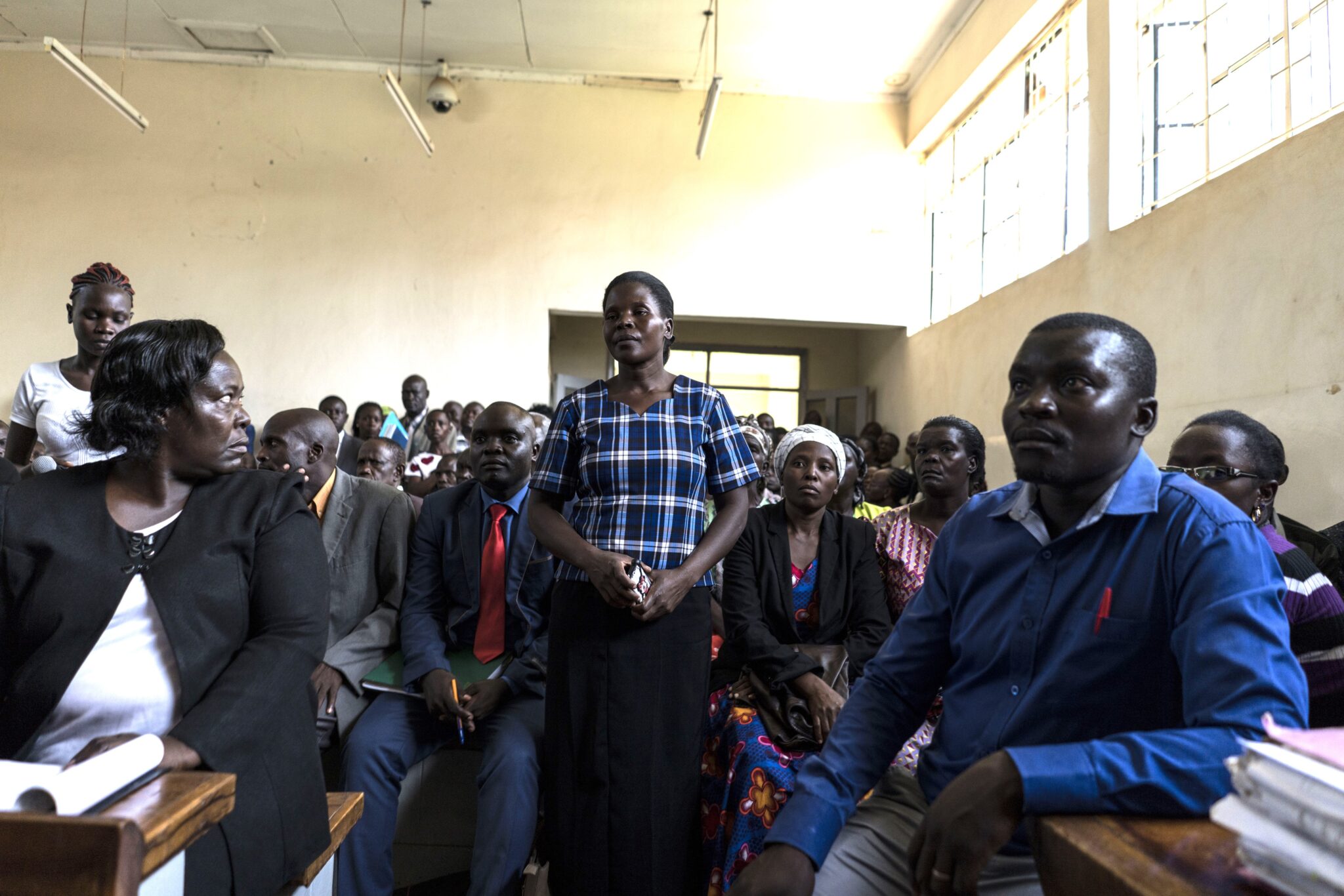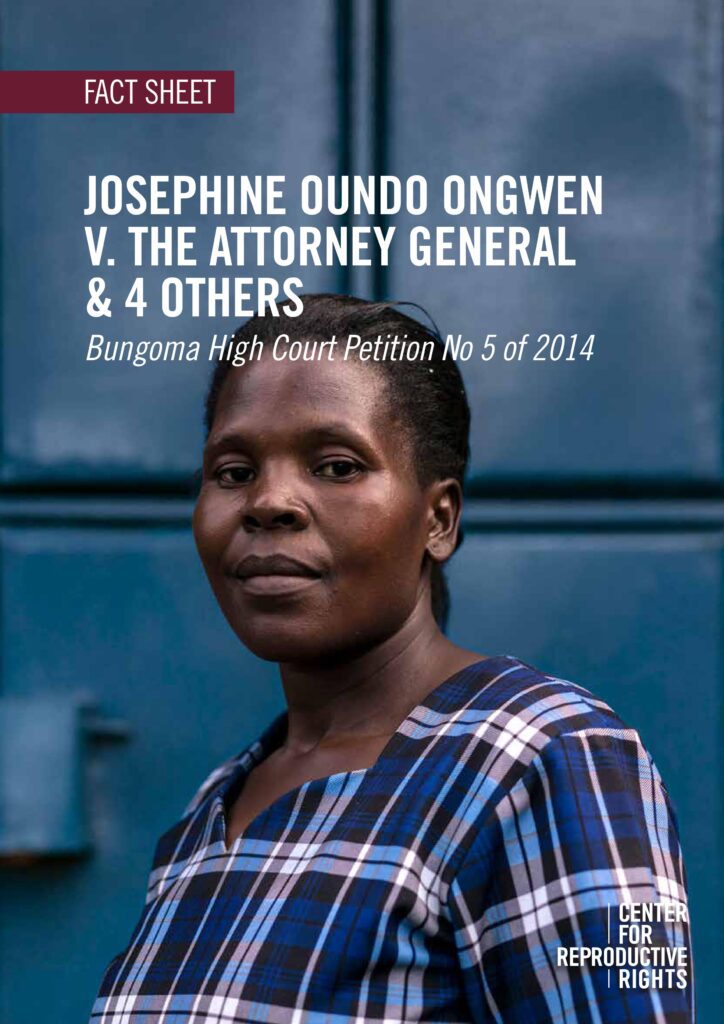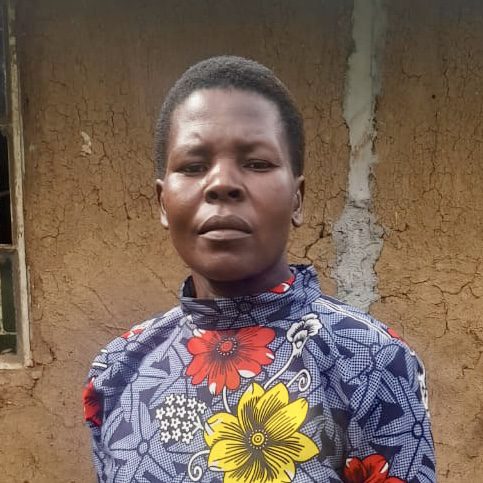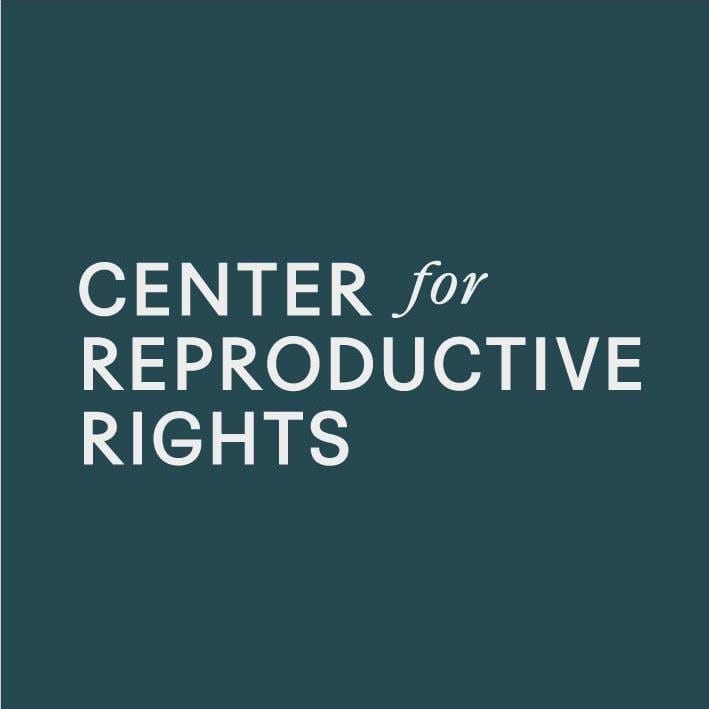Victory in Kenya: Court of Appeal Affirms Right to Respectful Maternal Health Care
Court issues sweeping decision in Center’s case of pregnant woman physically and verbally abused by hospital staff and left to deliver on a concrete floor.
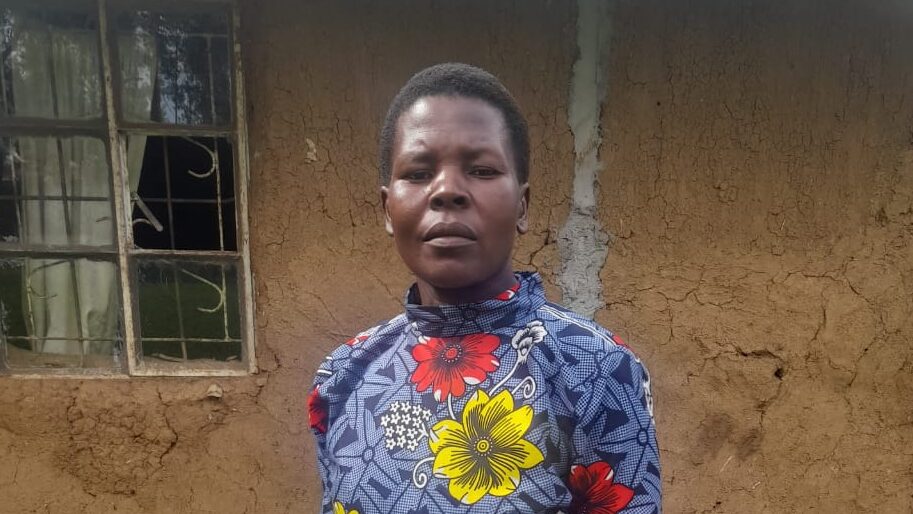
In a significant victory for all Kenyans, the Court of Appeal of Kenya affirmed the right to respectful maternal health care in the case of Josephine Majani—a pregnant woman who was denied quality maternal health care, physically and verbally abused by hospital staff, and left to deliver her baby on a concrete hospital floor.
The Court’s decision, issued February 23, upheld a landmark 2018 judgment by the Kenyan High Court defending the human rights of Majani. The Center for Reproductive Rights represented Majani in the original case and the appeal.
“Health care settings across the country take note: Abuse, denial of care, and discrimination in maternal health care are grave violations of rights and will not be tolerated in Kenya,” said Salima Namusobya, the Center’s Vice President for Africa. “This decision reaffirms in the strongest terms that the Constitution of Kenya protects the right to the highest attainable standard of health care, including maternal care—and sets a clear standard protecting this right for all Kenyan women and girls.”
The original High Court decision in 2018 found that Bungoma County Hospital, the Bungoma County government, and the Cabinet Secretary of Health violated Majani’s rights to health, dignity and freedom from cruel, degrading, and inhuman treatment when they failed to set and implement national standards on the right to safe and quality maternal health care across Kenya.
The Bungoma County government appealed that judgment, arguing there was no evidence that it had violated Majani’s rights—despite video and eyewitness accounts clearly documenting the abuse. The county government further challenged Majani’s financial remuneration for the harm she suffered.
Read more.
The Josephine Majani Cases
Learn more about the cases and the right to respectful maternal health care in Kenya.
In its sweeping decision, the Court of Appeal:
- Affirmed the High Court’s 2018 decision holding that the national and county governments had violated Majani’s rights to health, dignity, and freedom from cruel, degrading inhuman treatment and awarding Josephine damages for the harm suffered.
- Dismissed the Appeal as meritless.
- Held that appellants were directly liable for the violations against Majani and for failing to implement policies promoting respectful maternal care.
- Emphasized that human rights-based maternity care, as stipulated in the Kenya Constitution, includes ensuring positive and affirming care experiences for women during childbirth, encompassing dignified, respectful healthcare and freedom from violence and discrimination.
- Underscored the obligation of health systems to respect women’s sexual and reproductive health rights, including their right to dignity, which would entail adopting specific policies for respectful maternal care and ensuring their meaningful implementation.
- Noted that health systems must be held accountable for mistreatment during childbirth and failure to prevent such practice and underscored the government’s obligation to ensure functional healthcare systems.
The Court also commended Majani for pursuing the case after the abuse she endured.
“This case was about the right of all Kenyan women to give birth in a safe, respectful, and supportive health care setting, free from discrimination and abuse,” said Martin Onyango, the Center’s Associate Director for Legal Strategies for Africa. “We call on all health care institutions to implement this decision immediately and provide all Kenyan women with quality maternity care.”
The Court of Appeal of Kenya
Kenya’s second highest court, the Court of Appeal sets precedent and gives guidance to lower courts. Its judgments carry significant influence throughout the country.
“I have waited for years for the court to confirm that my rights were violated—and to protect other mothers from experiencing such cruelty when giving birth. This experience continues to traumatize me, and I am hopeful that this is finally the end.”
Josephine Majani
Hospital Staff Neglected and Abused Majani
In August 2013, Majani was admitted to the Bungoma County Hospital for induced labor just weeks after a national directive instructing all public health care facilities to offer free maternity health care services was issued by the President. Despite the directive, Majani had to purchase her own medicine and basic necessities.
After taking the medicine, Majani was not physically checked or monitored by nurses and was informed that if she needed medical attention, she would have to walk from the labor ward to the delivery room herself. In the maternity ward, nurses repeatedly slapped and verbally abused her and left Majani to deliver her baby on the concrete floor while entering in and out of consciousness. She was ordered to walk to the delivery room, still unaided. She was released with her baby the following day. In additional to the emotional trauma she suffered as a consequence of her treatment, for years Majani has experienced financial, social, and emotional burdens as the case was dragged out by the county government.
“With this decision, our client finally has legal closure after a 10-year ordeal seeking justice. But devastatingly, her experience is not isolated: other women continue to experience abuse and neglect within a system of structural inequalities and institutional negligence rampant in women’s health services in Kenya,” said Prudence Mutiso, the Center’s Senior Legal Advisor for Africa.
“While the appellants are vicariously liable to the direct abuse suffered by Josephine in the hands of the hospital, they are, additionally, directly liable for the failure to put in place specific policies to promote respectful maternal care and to ensure that those policies translated into meaningful action through implementation.”
—Kenya Court of Appeal Decision, 02.23.24
The Center’s Work in Africa
Based in Nairobi, the Center’s Africa program works to address the causes and violations of the sexual and reproductive health and rights of women and girls in the region.
Maternal Health Care in Kenya
Despite legal guarantees, maternal health care in Kenya continues to fall short of international standards for quality and accessibility of care.
According to a report by the Kenya National Commission on Human Rights, inadequate resources, insufficient infrastructure, and lack of physical access to health care facilities have adversely impacted maternal health care services. Nearly 5,000 women die each year in Kenya due to complications in pregnancy and childbirth. According to UNFPA, more than 80% of these deaths are due to poor quality care.
